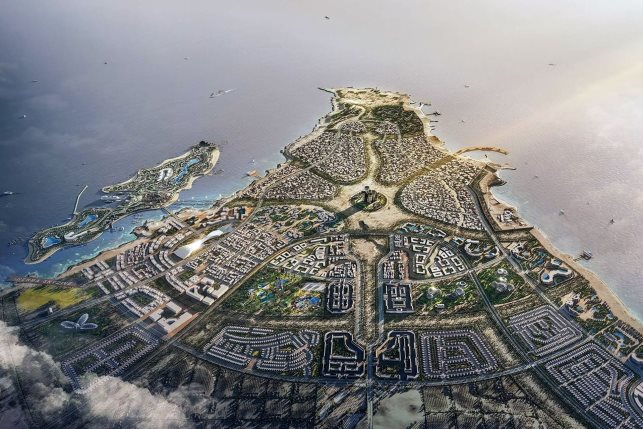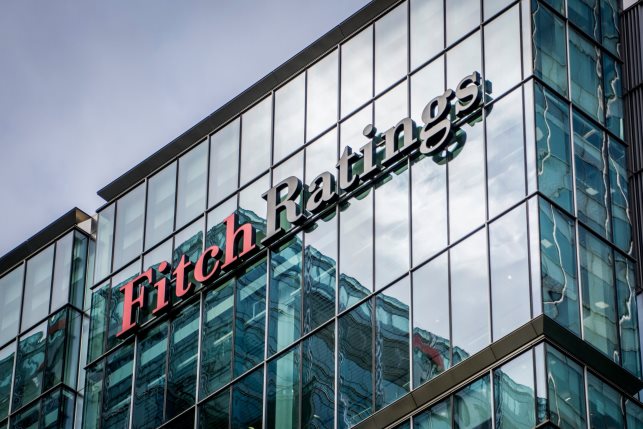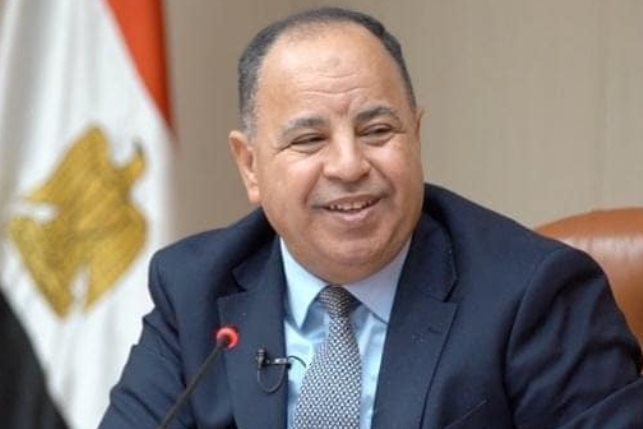Egyptian refining industry achieves unprecedented results
In recent years, the oil and petroleum industry has achieved unprecedented results in Egypt.
 Egypt's petroleum program shifts its focus to refining productivity — File Photo
Egypt's petroleum program shifts its focus to refining productivity — File Photo
Egypt's petroleum development and modernization program has shifted its future vision since its launch in 2016 to develop and implement new refinery projects that increase productivity and shape performance in the Egyptian refining industry.
In recent years, the industry has achieved unprecedented results, with the Egyptian Refining Company (ERC) and other refineries carrying out several refining projects, such as the new diesel production complex in Asyut and expansion projects in the refineries of Suez and Alexandria, among others.
The program aims to improve performance rates, achieve safe operation, and develop work systems to maintain the added value of these refineries and secure petroleum product supplies.
New projects supporting the capacity of petroleum refining and meeting market needs include the continued implementation of five new refineries and projects in Alexandria, Asyut, and Suez to produce high-quality petroleum products to cover domestic market demand at a total cost of over $8 billion.
These projects include the completion of the expansion of the Middle East Oil Refinery (MIDOR) in Alexandria, aimed at increasing the plant's refining capacity by 60% to produce high-quality petroleum products that meet Euro 5 specifications, with an investment cost of $4.2 billion. The project will raise the current production capacity of the refinery to 160,000 barrels per day.
The Anubis complex for diesel production in Asyut aims to establish a complex to produce high-quality diesel fuel, with a production capacity of 880,000 metric tons per year, at an investment cost of $2.3 billion.
Other new projects include the expansion of the Alexandria National Refining and Petrochemicals Company's refining and petrochemical complex, with a production capacity of 100,000 barrels per day, and the establishment of a naphtha processing complex to extract value-added products. In Suez, an expansion project is underway for the Suez Oil Processing Company, with a production capacity of 28,000 barrels per day.
These new projects have been developed and implemented through the High Committee for Projects, connecting refineries to the automatic control and monitoring system for petroleum refining and manufacturing at the Egyptian General Petroleum Corporation headquarters.
EGYPT LEADING THE WAY
Egypt is leading the way in creating a welcoming environment for investors in the energy and petroleum sectors. The government has implemented a series of measures to reduce bureaucracy and facilitate investment in these critical sectors.
One of the key measures taken by the government has been to streamline the licensing process for oil and gas exploration and production. This has resulted in a significant increase in the number of companies exploring and producing in Egypt, including major international players such as ExxonMobil and BP.
In addition, the government has introduced a number of financial incentives to encourage investment in the energy and petroleum sectors. These include tax breaks, reduced royalty rates, and more favorable contract terms for investors.
Egypt's efforts have not gone unnoticed by the international community. According to the Financial Times, "Egypt's energy sector has emerged as one of the most attractive investment destinations in the Middle East and North Africa."
This sentiment was echoed by a recent report from the World Bank, which praised Egypt's efforts to attract investment in the energy sector. The report highlighted the country's "impressive regulatory reform efforts, particularly in the areas of electricity and natural gas."
With these measures in place, Egypt is well-positioned to continue attracting investment in the energy and petroleum sectors, creating new jobs and driving economic growth in the process.





